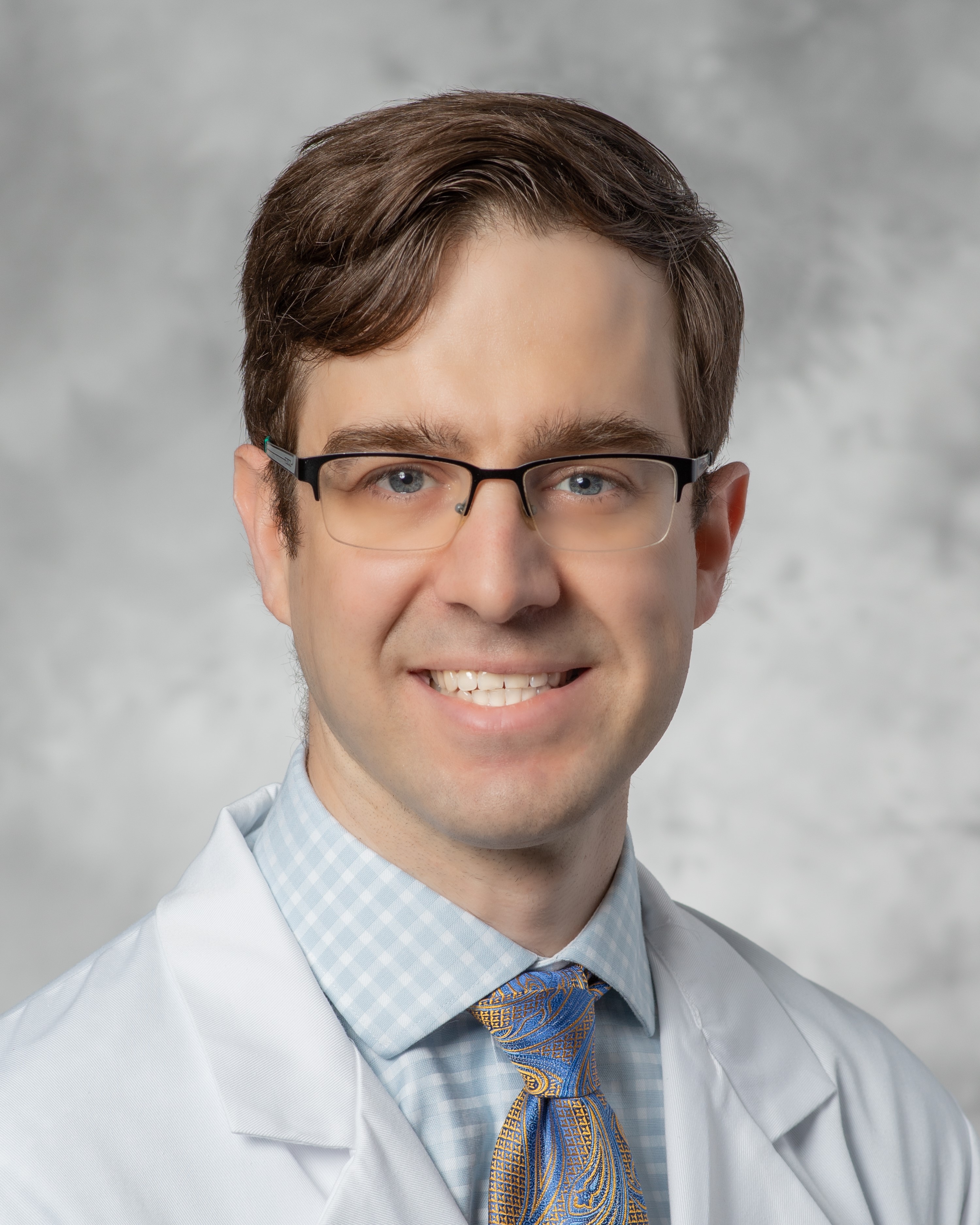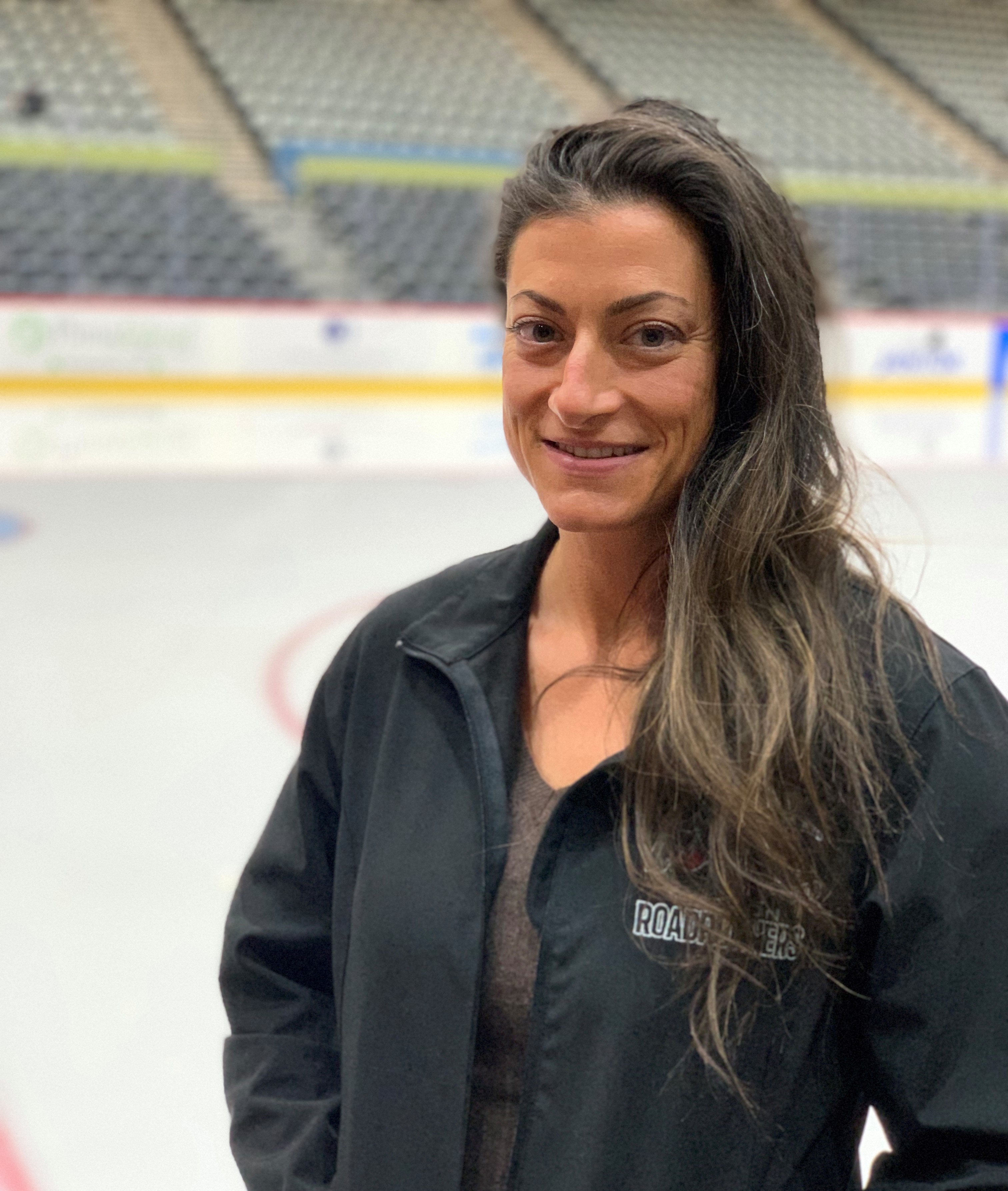From baskets, to goals, to crossing the finish line – athletes, professional and recreational, need heart in more ways than one.
Their heart needs to be able to keep up with their love of the game.
Sports were a staple in the young life of Andrew Williams, MD. He played forward for the Corona del Sol soccer team in Tempe and developed an interest in distance running.
When it was time to determine a field to pursue in college, he wanted most to make a difference. 
One of the first to attend all four years of medical school at the University of Arizona College of Medicine – Phoenix, Williams’ mentors in residency inspired him to pursue cardiology. He now serves as a clinical assistant professor at the University of Arizona Sarver Heart Center.
“I love my cardiology practice in large part because of the strong bond and relationships I develop with my patients,” Williams said. “What’s normal for one heart may not be the same for another. Not everyone is the same.”
For a person who is very active, including amateur athletes, ensuring doctors have knowledge of their physical activity can impact treatment decisions when it comes to heart disease and heart disease risk.
Williams partners with the sports medicine program at the UArizona and serves as a specialist for high-level amateur athletes.
“The paring of the sports medicine program with cardiology is exciting and new for UA,” Williams said.
The COVID-19 pandemic has made its impact in cardiology, according to Dr. Williams. The virus on rare occasions has been associated with inflammation of the heart muscle, known as myocarditis. The risk is almost infinitesimal and profoundly unknown. Players for the Tucson Roadrunners, an American Hockey League (AHL) team, needed a cardiac screening if they exhibited specific symptoms during their infection, such as cough, feeling feverish or chills, and chest pain.
The screenings included an electrocardiogram (ECG) test which measures electrical signals in the heart, and echocardiogram which uses sound waves to produces moving images of the heart’s function. A handful of players who required further testing, conducted by Dr. Williams, underwent a magnetic resonance imaging (MRI). All were cleared of showing evidence of myocarditis.
Allison Lane, MD, assistant professor of emergency medicine and sports medicine, is the medical director for the Tucson Roadrunners. She also grew up playing sports: soccer, basketball, and track and field. She worked the medical tents for several racing events while pre-med and was an EMT/firefighter before medical school. All her experiences contributed to her passion for the fields of emergency medicine and sports medicine. 
Williams said in the AHL, many of the teams don’t have a sports cardiologist.
“There are nuances to the athletic heart and we’re very lucky in Tucson to have these resources,” said Lane. “Teams need a person to rely on. You don’t know when things are going to happen.”
Tucson witnessed the risks first hand when a member of the Tucson roadrunners suffered sudden cardiac death on the ice about 5 years ago. He was resuscitated using the Sarver Heart Center chest compression only CPR method and cared for at Banner – University Medical Center Tucson, requiring advanced life-saving therapy using Extracorporeal Membrane Oxygenation (ECMO). He unfortunately had part of his leg amputated due an infection caused by circulation issues but later became an NHL recruiter.
Lane serves as a physician for the Justin SportsMedicine Team covering the Tucson rodeo, is an MMA ringside physician, and works with the University of Arizona Athletics. She is the prior head team physician for soccer club FC Tucson and the MLS preseason in Tucson, and team physician for the Tucson Sugar Skulls.
Williams hopes to serve as a resource for any athlete dealing with heart issues, including those who exercise regularly.
“There never will be zero cardiac risk for athletes as sports are a cardiac stressor,” said Williams said. “But my goal is to keep people doing what they enjoy while keeping them as safe as possible.”

